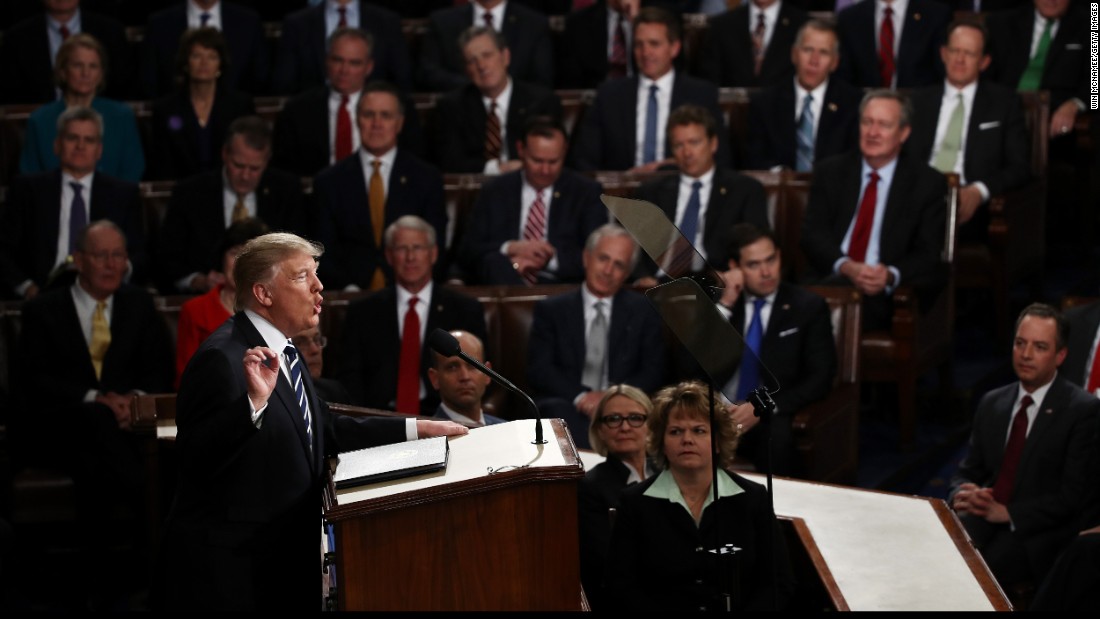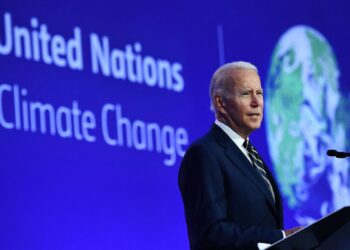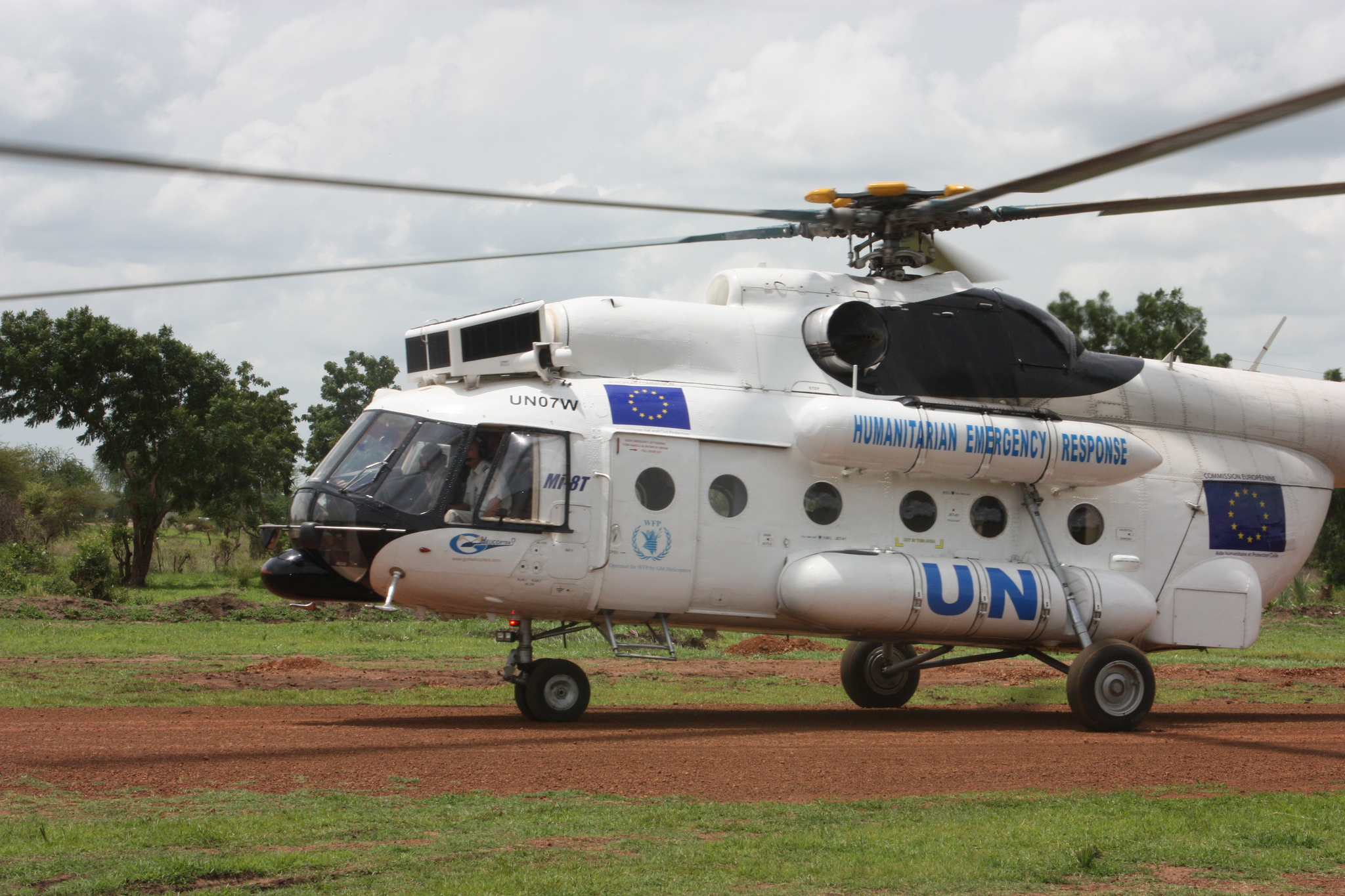After 16 years of fighting, thousands of lives lost, and billions of dollars spent, the Trump administration made the decision one year ago to boost U.S. military presence in Afghanistan. The situation in the country remains dire, with recent U.N. figures reporting a record high 1,692 people killed in Afghanistan during the first half of 2018.
The White House will mark the anniversary of Trump’s Afghanistan and South Asia strategy in August, although many foreign policy experts caution that it has been ineffective.
The administration’s strategy has included an increased military presence in Afghanistan despite political pressures to follow timelines for troop withdrawal, as well as coercing neighboring Pakistan to stop harboring terrorists.
In January, the U.S. withheld roughly $2 billion in security aid and threatened more cuts if Islamabad continued to allow the Taliban to seek refuge. Meanwhile, Pakistan has been insisting that it has done much for the United States, while getting only “invective and mistrust” in return.
Earlier this month, U.S. Secretary of State Mike Pompeo met with Afghan President Ashraf Ghani in Kabul where they spoke with the press about the outcomes of the policies. Both Pompeo and Ghani agreed that they had been tremendously successful, with Ghani even calling them a “game-changer.” Pompeo said there was “now hope” for peace talks between the Afghan government and the Taliban.
But several peace talks have been in the works during the United States’ 17-year campaign in Afghanistan, none of which were successful. Many experts are skeptical as to the actual likelihood of peace this time around.
Patrick James, Professor of International Relations and Director of the Center for International Studies at the University of Southern California, told The Globe Post this is “a truly difficult thing to forecast.”
“There is not enough information to make any kind of reasonable prediction as yet. But given the long history of Afghanistan as something that is not really that well-integrated as a country, there is no reason to enter into this with optimism,” he said.
Other experts are even less hopeful, doubting the Trump administration’s ability to help facilitate such talks. Michael Kugelman, the Deputy Director and Senior Associate for South Asia at the Woodrow Wilson Center, told The Globe Post he was wondering “whether the Trump administration, which has securitized foreign policy and marginalized diplomacy, has the capacity to craft an effective negotiation strategy.”
In fact, previous administrations have already tried many of Trump’s strategies and failed, said Kugelman. During the administration of Barack Obama, security assistance to Pakistan decreased from $3.5 billion in 2011 to under $1 billion in 2016. Yet, in 2018, Islamabad has still failed to oblige, although it denies being a safe zone for extremists.
According to Vanda Felbab-Brown, a Brookings scholar of crime, conflict, and nontraditional security threats, a large part of the reason for Pakistan’s state-sponsored terrorism is fear. The Taliban remains Pakistan’s lone ally among the Afghan political powers and worries that alienating terrorists will further destabilize Afghanistan and promote it as a breeding-ground for anti-Pakistan militants. Additionally, actively going after the Afghan Taliban would likely spark retaliation in Pakistan.
Previously, the U.S. government has also increased troop presence in the hopes of cracking down on the Taliban, and those efforts were futile.
“If we tried to do it but failed with more than 100,000 troops during the height of the surge in 2010 and 2011, then you can bet your bottom dollar that we will fail this time around with only 15,000 troops. And I don’t see how removing deadlines for withdrawal will shift that depressing calculus,” said Kugelman.
However, removing troop withdrawal timelines could give the U.S. a strategic advantage, according to James. The White House may keep a privately-known timeline to withhold information from the enemy, which will also help not to provoke those who have a distaste for the U.S. spending money on other countries.
The Trump administration’s initial decision to increase presence was met with both surprise and disapproval by the American public. A POLITICO/ Morning Consult poll conducted last August revealed that only 20 percent of voters believed the U.S. should increase the number of troops in Afghanistan. Although, the idea of increased troop presence was more popular among Trump’s support base, with 31 percent of Republicans and Trump voters saying the U.S. should increase the amount of troops.
Ultimately, the administration’s “game-changer” policies in Afghanistan, as Ghani called it, are a rather redundant set of strategies that have failed in years past. Kugelman said that in sum, “At this point in time, the administration’s strategy has little to show for it in terms of getting Pakistan to crack down on the militants that target Americans in Afghanistan or of turning the tide of the war in Afghanistan.”





















